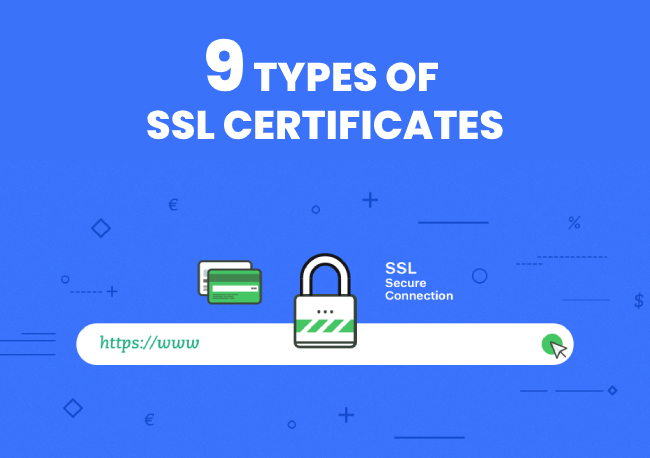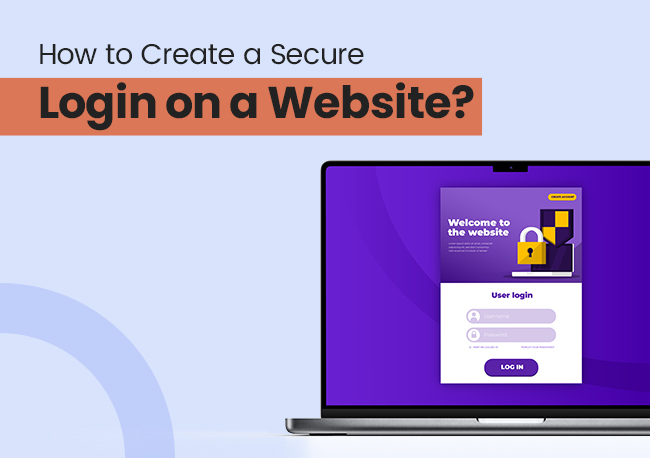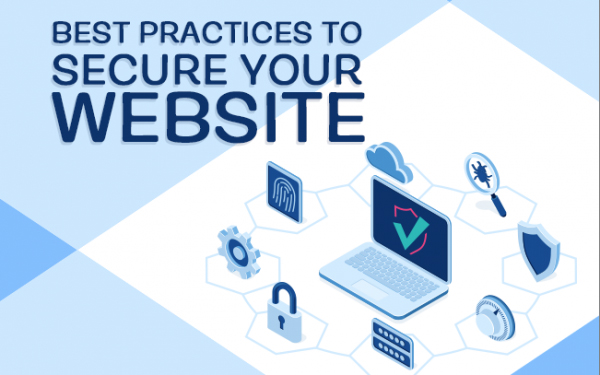Website security issues can bring your online productivity to a halt for an extended duration of time. Spammers, hackers and web nuisance stay in look for good websites with heavy amounts of traffic to be a little less safety conscious and hit at the weakest point. Till you pay them what they ask for, your website would be down and would be closed to thousands of customers who could have been potent prospects. Hosting plays an important role in website security. Here are a few ways:

- What does your host promise: Good web hosts accomplish a lot of safety measures at their ends to make sure that your website is not falling prey to spammers and hackers. SSL protection is a must and there are other things like Safety Lock services that web hosts offer. Even if they have a package, that costs you a few dimes more with better web security, we recommend, grab it. Settling for a cheap plan seldom does good to your website.
- Where are the servers located: Geographical locations with strong legal protection of cyber rights are great places for hosting. Before you finally hire a web host, ask him where his servers are located. Any place from India, Sweden, France or the US is safe, but if they are talking about countries like Zimbabwe, think twice.
- Keep watch on your password: Your web host will give you a list of usernames and passwords that he has created on your behalf. Maybe, you would want to change them for the good! Strong passwords are elementary to cyber safety. Anything that is tough to detect does the magic. Don’t forget to keep changing your passwords every 3 months. We understand it would be difficult to remember all of them and would create confusion, but for that, keep a note.
- Update your CMS and Plug-in: If it is a dynamic website we are talking about, don’t take updates lightly. Newer versions come armored with better safety techniques and tactics. Remember to install all those safety updates in your system.
- Keep a back-up: Back-up your website frequently. So whenever your present version has been tweaked with, you can reach out to the back-up and upload it again. Keep a back-up of information, even when it is not hosted up. You might just end up needing it badly someday! It is advisable to create a back-up of your entire website every 2 months. Delete the previous back-up when you have done it and remember not to save anything sensitive in your root directory. That is the hot-spot hackers look for.
- Database Encryption: This is a great safety method to protect sensitive information. Encrypting converts plain text into an unreadable format. This approach shields information from being accessed and used by notorious cyber elements. Web hosts generally provide database encryption as a part of their hosting services. It is important to check out with your web host about database encryption.
- An SSL Certification: SSL is the core means of maintaining security on your website. An SSL certificate encrypts information on your website with two keys, making the data unreadable. Thus, if you have an e-commerce website and your customers require to feed in their personal information, it is really beneficial to have an SSL protected website. It builds trust in your customers. Check with your web host! Is he providing SSL security to your website?
Related Blog: What does your web host have to do with your SEO?
Our goal at Host It Smart is to provide you with Smart Solutions and smart is incomplete without security. Turn on your security hat and get your online business safe.



